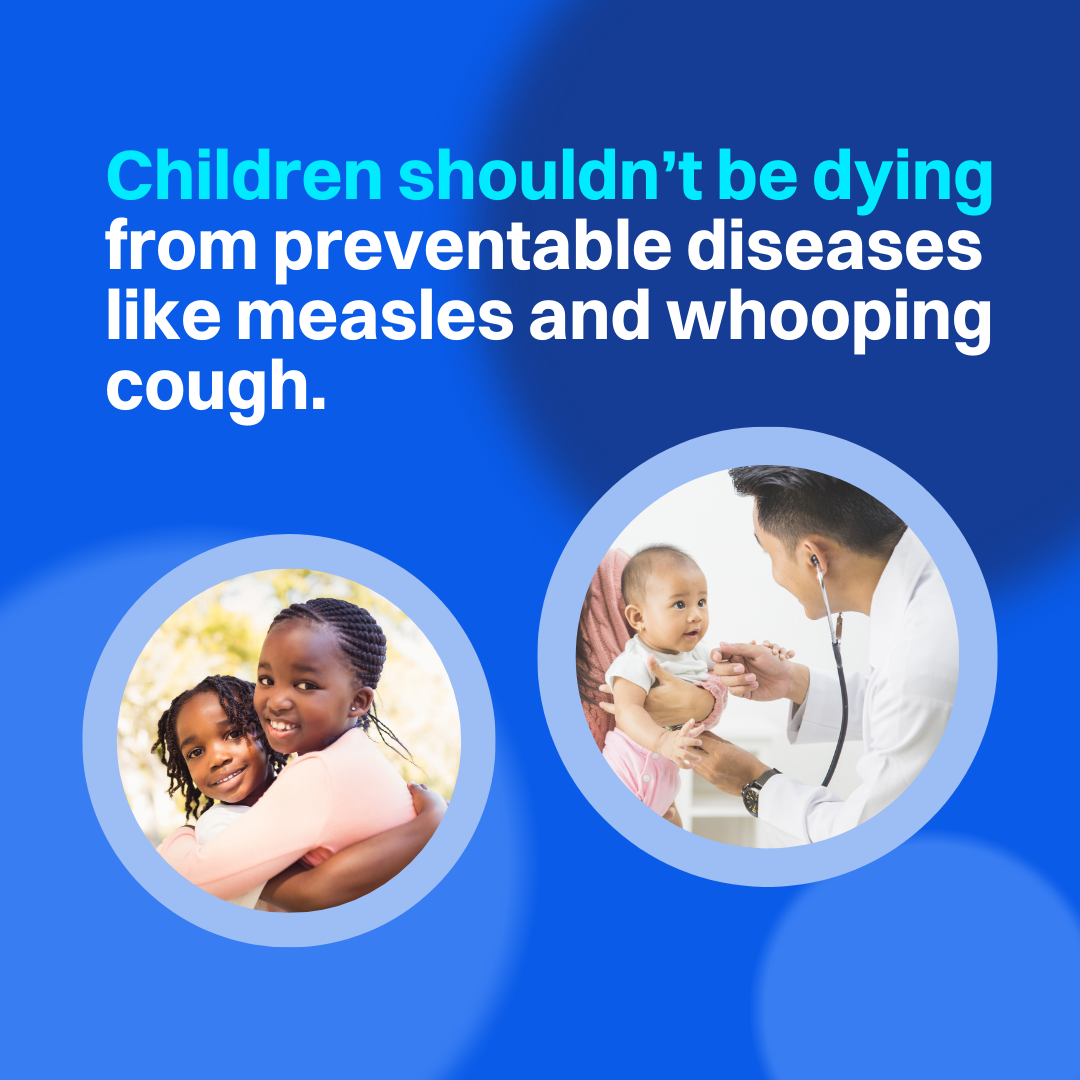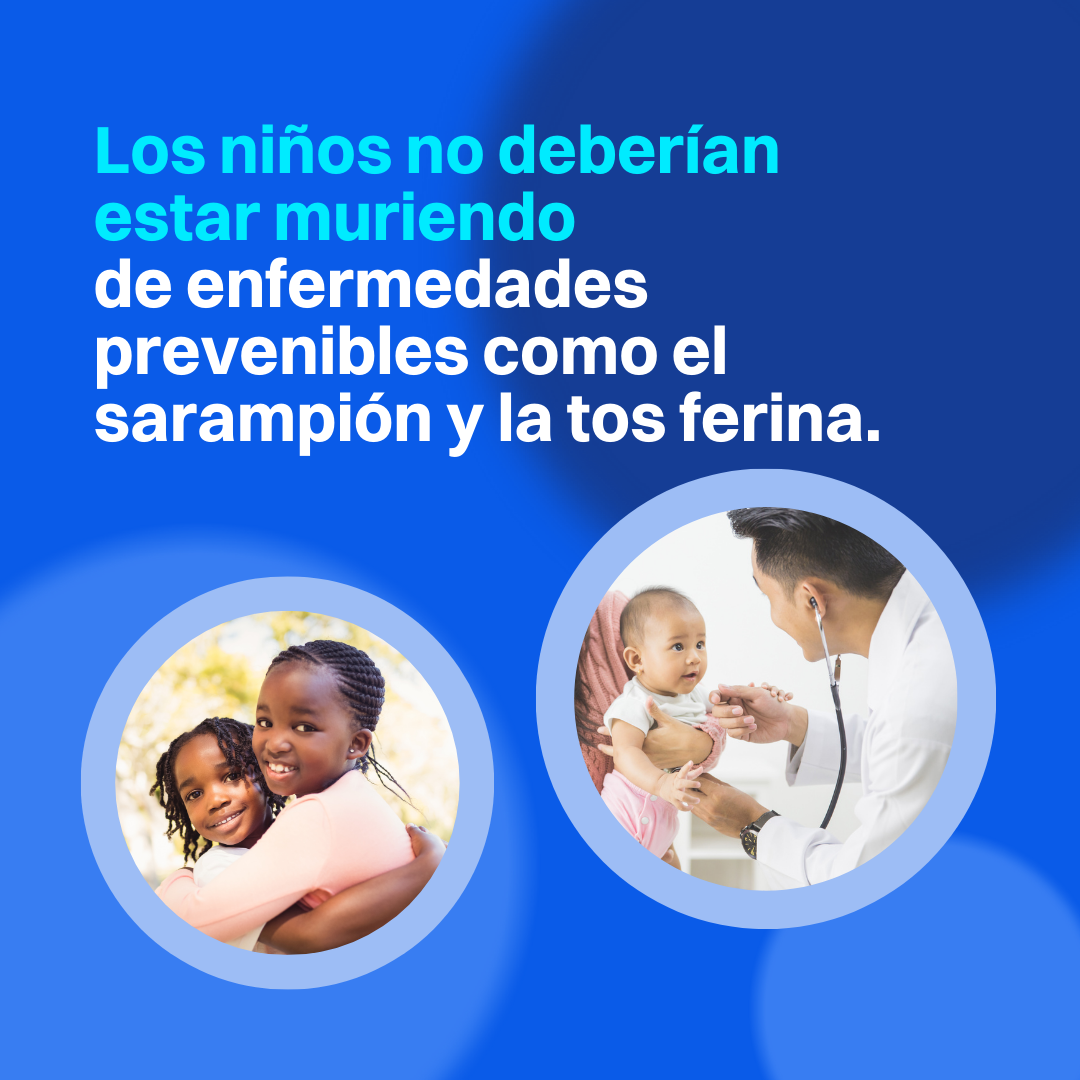Vaccine skeptics use old tactics to sow doubt about routine vaccines
This past month, vaccine skeptics ramped up their vaccine opposition as evidence of the deadly effects of anti-vaccine rhetoric grew. Declining vaccine uptake has led to historic outbreaks of measles and whooping cough and contributed to the worst flu season in 16 years. Recent reports of children dying from measles and whooping cough were met with false claims about the severity of the diseases and the safety and effectiveness of the vaccines that prevent them. Two studies about flu shots were misrepresented online to falsely portray the vaccines as ineffective and unsafe. Meanwhile, a viral podcast interview resurfaced a host of long-debunked myths about the safety and importance of polio vaccines.
For even more resources, check out the menu above for real-time insights, training resources, and more. Specifically curated for people working in health care and public health, these links provide actionable content to help navigate today’s information landscape.
Trending narratives from the past month
Online conversations minimize deaths from vaccine-preventable diseases
Some vaccine opponents responded on social media to recent reports of children dying from vaccine-preventable diseases by promoting unverified stories of alleged vaccine-related deaths. On March 27, Louisiana confirmed the deaths of two children from whooping cough (pertussis) in the last six months. The announcement came just one month after the state barred health officials from promoting vaccination and ended all vaccine campaigns. In early April, a second unvaccinated and otherwise healthy child in Texas died from measles. Social media users dismissed the deaths, accused the media of fearmongering to promote vaccines, and promoted unproven vaccine “alternatives” like vitamin A. Meanwhile, several anti-vaccine accounts that minimized the deaths shared the story of a young girl who allegedly died after receiving multiple vaccines. The same accounts previously circulated similar stories of children who were later revealed to have died from other causes. Social media users argued that vaccines should only be administered one at a time and that children receive too many vaccines. Read the fact checks here and here.
Viral podcast interview promotes myths about polio vaccines
In a March 26 podcast interview, an anti-vaccine conspiracy theorist repeated several disproven claims about polio vaccines, including the myth that polio is caused by the pesticide DDT. The guest also alleged that wild poliovirus is harmless, that poliovirus was created in a lab, and that improved sanitation—not vaccines—reduced polio globally. Some social media responses to the interview shared passages from the guest’s book, claiming—without evidence—that polio hasn’t been reduced but instead was renamed as Guillain-Barré syndrome, metal poisoning, untreated syphilis; and hand, foot, and mouth disease. Clips from the interview spread rapidly online worldwide. Many social media users, including some prominent vaccine skeptics, criticized the false claims. However, some anti-vaccine accounts expressed support and promoted their other disproven claims. Read the fact checks here.
New and old studies fuel online myths about the flu vaccine
A Cleveland Clinic study, which has not been peer reviewed, found that health care workers who received the 2024-2025 trivalent flu vaccine were more likely to test positive for the flu than unvaccinated workers. Vaccine opponents falsely claimed that the study proves flu vaccines are ineffective and dangerous. One popular social media post suggested that getting the flu vaccine all but guarantees you will get the flu. Other posts declared that all flu vaccines are a failure that should be pulled from the market. A few weeks earlier, an anti-vaccine podcast host shared a clip of a 2005 news segment discussing an NIH study that found flu-related deaths in older adults did not decrease despite a significant increase in flu vaccine uptake. The clip went viral among popular anti-vaccine accounts, with several posts suggesting that the NIH “buried” the study, despite the agency conducting, publishing, and widely publicizing the findings 20 years ago. Some social media users expressed distrust in flu vaccines, claiming they are “done with flu shots forever.” Read the fact checks here and here.
What you might say in response
Vaccines save lives. Unvaccinated children are at unnecessary risk of serious illness and death.
- Getting multiple vaccines at once is safe and has no negative interactions in children.
- Measles can be deadly in any child, including healthy ones. Two healthy, unvaccinated children have already died from measles this year.
- Whooping cough is an extremely contagious and potentially deadly disease. Two-thirds of infants with whooping cough develop apnea (pauses in breathing), one in five develop pneumonia, and one in 100 die.
- Childhood vaccination rates are dropping, leading to major outbreaks. The current U.S. measles outbreak is on track to be the worst in 25 years, while whooping cough cases last year reached a 10-year high.
- There’s no substitute for vaccines to prevent measles or whooping cough. Trying to gain “natural immunity” risks long-term complications and death.
Polio vaccines have protected generations of children and nearly wiped out polio worldwide.
- Contrary to a myth that has circulated for years, polio has never been renamed; it has been nearly eliminated worldwide thanks to polio vaccines. While other conditions may resemble polio symptoms, they are different diseases with distinct causes.
- Polio is caused by poliovirus, not by any chemical or toxin. Polio existed centuries before the pesticide DDT, which is sometimes falsely linked to polio’s origin.
- Polio vaccination is 99 percent effective, and the inactivated polio vaccine used in the U.S. is one of the safest vaccines ever developed, with no known safety concerns.
The flu vaccine is the best protection against infection, severe illness, and death.
- The annual flu vaccine trains your body to fight the current circulating viruses, which change each season.
- Getting vaccinated makes you far less likely to catch the flu. And if you do get sick, vaccination dramatically reduces your risk of getting seriously ill or needing to go to the hospital.
- Flu vaccine effectiveness varies year to year, but decades of research show that flu vaccination reduces the risk of serious flu-related complications and death.
What we’re reading
- Vaccines Today: Interview: How COVID reshaped attitudes to vaccination
- New York Times: The Many Ways Kennedy Is Already Undermining Vaccines
- CBS News: Large number of measles cases being missed, CDC says
Studies and trainings
Interested in learning more about how to debunk false claims with patients? Check out the new Infodemiology Training Program. In videos that range from 5 to 10 minutes each, the program introduces health care providers to the basics of infodemiology and provides you with actionable skills to help improve patient care. Get started today.
Quick response media assets
Below, we've provided a social media asset in English and Spanish. Use these assets on social media to fight false claims and help provide your network with accurate information. Just right-click the asset, or press and hold on mobile, to download.

Proposed social copy:
Rising measles and whooping cough cases and deaths nationwide are the result of declining vaccination. Vaccines empower parents to protect their children against deadly diseases that generations past were powerless to prevent.

Publicación propuesta:
El aumento de los casos de sarampión y tos ferina en todo el país son el resultado de una disminución en la vacunación. Las vacunas empoderan a los padres a proteger a sus hijos contra enfermedades mortales que las generaciones pasadas no pudieron evitar.
The Health Care Infodemiology Brief is brought to you by PGP, the health care leadership of the Trusted Messenger Program, and infodemiology.com’s sponsors and partners.
